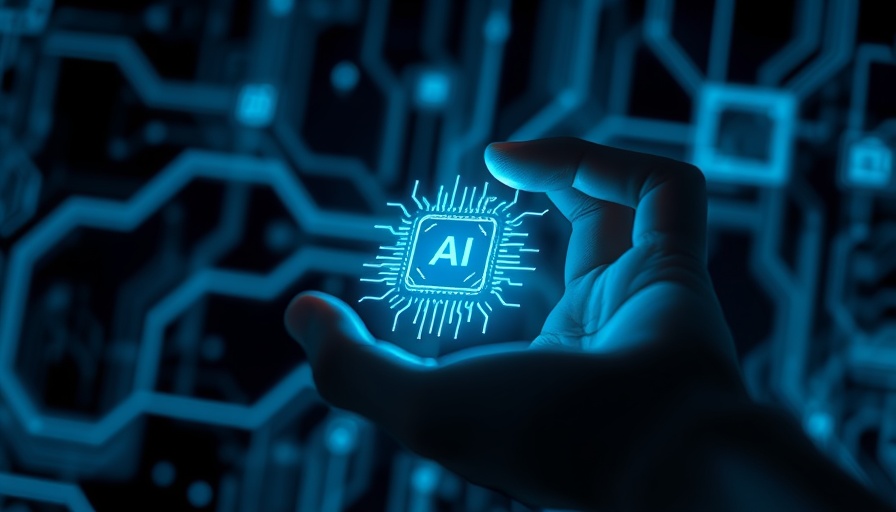
The Hidden Risks of Reliance on GenAI Tools
In the fast-paced world of tech, the rise of Generative AI (GenAI) tools like ChatGPT has revolutionized how we approach tasks, drastically reducing time spent on laborious activities. However, as alluring as the automation and efficiency benefits may be, there's a looming risk that needs urgent attention: the potential for GenAI to become a crutch.
Learning Before Leaning: The Case for Skill Retention
As businesses rush to adopt these innovative technologies, they must remember the core principle: teams must learn before they lean on GenAI. One of the most concerning aspects of this dependency is its impact on foundational skills. Imagine software developers using AI to create blocks of code without fully understanding the underlying logic. This shortcuts the learning process and can lead to a workforce that is less skilled yet appears more productive on the surface.
The Consequences for Early-Career Professionals
For early-career professionals—like junior developers—GenAI tools may seem like an easy way to circumvent complex problems. But the danger lies in the fact that ‘instant solutions’ can stifle their growth. Just as a student should master arithmetic before using a calculator, budding developers must struggle with problems to build essential coding skills. A culture that prioritizes speed over understanding could produce a generation of passive learners rather than active problem solvers.
The Long-Term Business Implications
Overreliance on GenAI not only hampers individual learning but also risks the health of entire organizations. Research from institutions such as Microsoft and Harvard indicates that dependence on automation tools can reduce critical thinking and motivation among teams. In the short term, organizations may see heightened productivity, but in the long run, they risk losing the essential adaptability that stems from human expertise.
Strategic Blind Spots in AI Dependence
The fragility of assuming constant accuracy from AI tools presents a strategic blind spot for companies. What happens when new regulations require manual review of AI outputs, or when the tools become unavailable due to updates or obsolescence? Businesses need to ensure their teams retain the skills and knowledge to navigate transitions effectively. Otherwise, they may find themselves in a precarious situation without the necessary expertise to adapt.
Fostering a Culture of Learning
Encouraging a culture where learning precedes reliance on GenAI paves the way for resilient teams. Companies can implement training programs that emphasize foundational understanding alongside tool usage. By investing in the skill development of their workforce, they not only protect their business interests but also foster an environment where innovation can thrive without the risk of losing essential understanding and skills.
The Takeaway for Future Success
As the use of GenAI becomes more integrated into the workplace, it is crucial for teams to understand its limitations. Businesses must prioritize learning and skill retention alongside the benefits of automation. Failure to do so will not only hinder individual growth but could also jeopardize the future of the organization.
 Add Row
Add Row  Add
Add 




Write A Comment